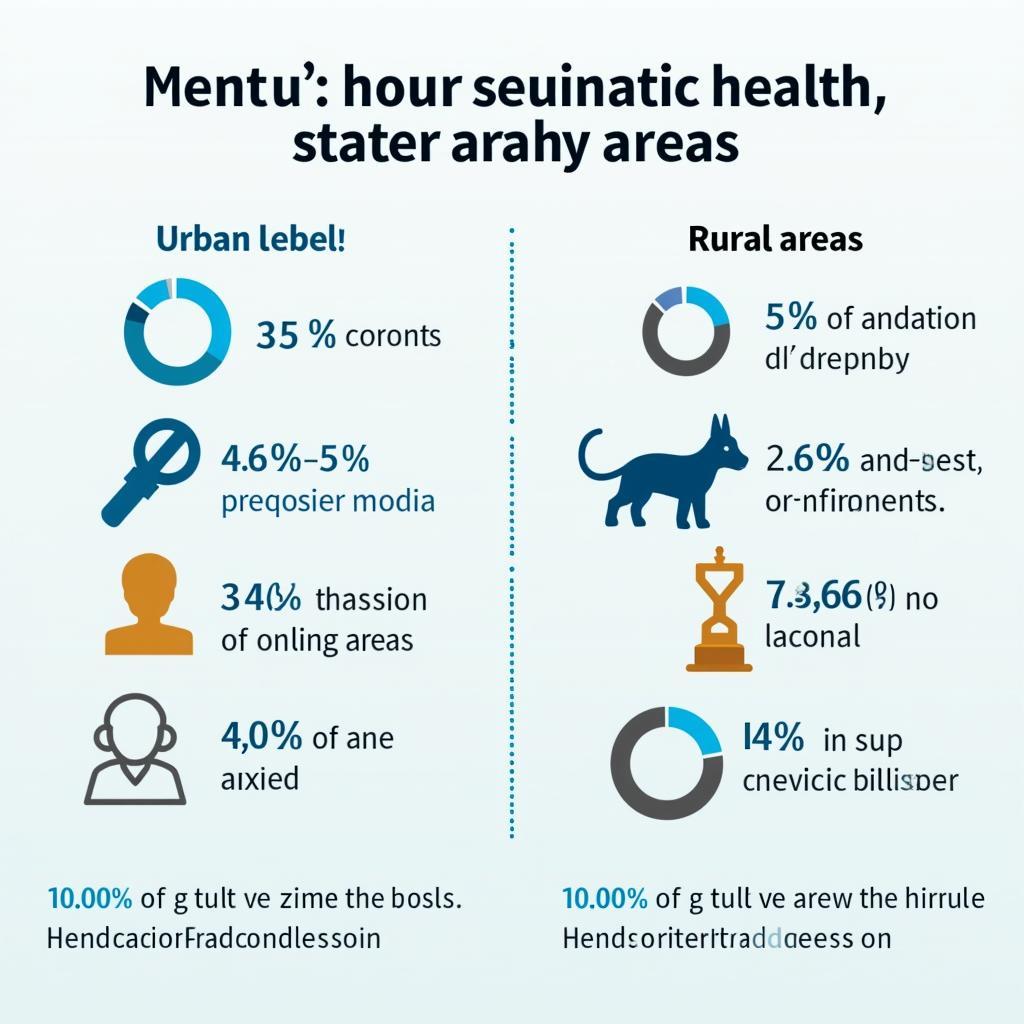The topic of urbanization’s impact on mental health has become increasingly prevalent in IELTS Writing Task 2, appearing frequently in recent examinations. Based on analysis of past papers and impact of urbanization on public health, this theme is likely to remain significant in future tests.
Task Analysis
Some people believe that living in big cities has negative effects on people’s mental health, while others think city life provides more opportunities for relaxation and entertainment. Discuss both views and give your own opinion.
This question requires a balanced discussion of both perspectives regarding urban living’s impact on mental health, followed by a personal viewpoint.

Band 9 Sample Essay
Modern urbanization, while offering numerous advantages, has sparked debate regarding its psychological impact on residents. Similar to The effects of air pollution on health, this topic deserves careful consideration of both perspectives.
Those who criticize city living often point to several mental health challenges. First, the fast-paced urban lifestyle typically involves long commutes, high-pressure jobs, and constant exposure to noise and crowds, leading to chronic stress and anxiety. Additionally, the concrete jungle environment, characterized by limited green spaces and natural settings, can contribute to feelings of disconnection from nature, which studies have shown is detrimental to mental well-being.
However, proponents of urban living highlight numerous psychological benefits. Cities offer diverse entertainment options, from theaters and museums to restaurants and sports facilities, providing multiple avenues for stress relief and social interaction. Furthermore, urban areas typically provide better access to mental health services and support networks, which can be crucial for maintaining psychological well-being.
The importance of urban green spaces for mental well-being cannot be overlooked, and many modern cities are actively developing parks and recreational areas. These initiatives, combined with the social and cultural opportunities available in urban settings, can significantly enhance residents’ quality of life.
In my opinion, while city life presents certain mental health challenges, the advantages outweigh the drawbacks when cities are well-planned and properly managed. The key lies in creating urban environments that balance development with human well-being through thoughtful design and adequate green spaces.
Band 7 Sample Essay
The impact of city living on mental health is a topic of ongoing debate. While some people believe urban life negatively affects psychological well-being, others see cities as places offering numerous opportunities for relaxation.
Living in big cities can indeed cause mental health problems. The high cost of living creates financial stress, while traffic congestion and workplace pressure lead to anxiety. Moreover, pollution and overcrowding can make people feel uncomfortable and stressed.
However, cities also provide many ways to maintain good mental health. There are many entertainment options like cinemas, parks, and shopping centers where people can relax. Cities also have better healthcare facilities, including mental health services, which help people manage stress effectively.
impact of urban living on health studies show mixed results, but I believe the benefits of city life can outweigh the drawbacks if people make good use of available resources and maintain a healthy work-life balance.
Key Vocabulary
- Urbanization (n) /ˌɜːbənaɪˈzeɪʃən/ – the process of more people living in cities
- Psychological (adj) /ˌsaɪkəˈlɒdʒɪkəl/ – related to the mind
- Fast-paced (adj) /fɑːst peɪst/ – moving or happening very quickly
- Chronic stress (n) /ˈkrɒnɪk stres/ – long-term stress
- Work-life balance (n) /ˈwɜːk laɪf ˈbæləns/ – division between working time and other aspects of life
The essays demonstrate different approaches to the same topic, with the Band 9 essay showing more sophisticated vocabulary, complex structures, and deeper analysis compared to the Band 7 essay.
For practice, try writing your own essay on this topic and share it in the comments section for feedback. Consider also exploring related topics like impact of urban heat islands on public health for additional perspective.